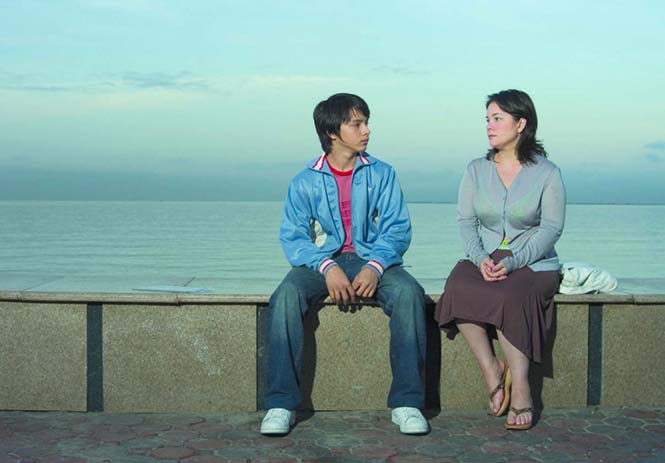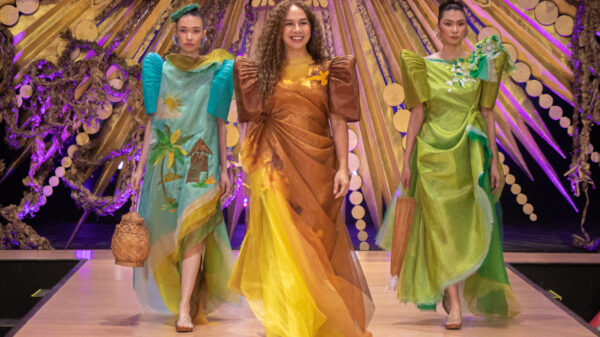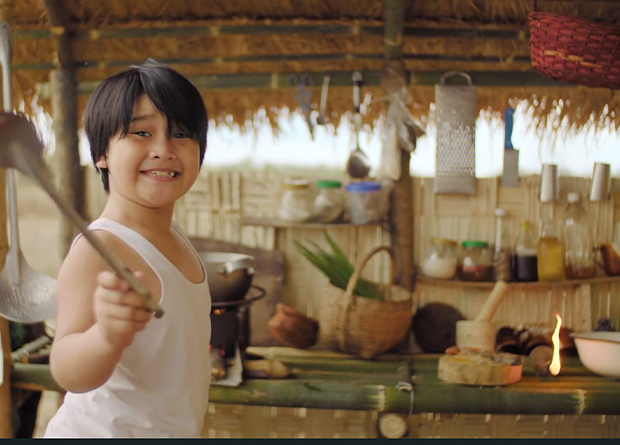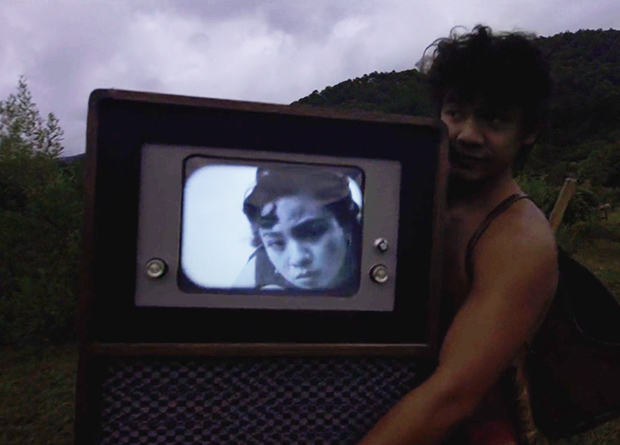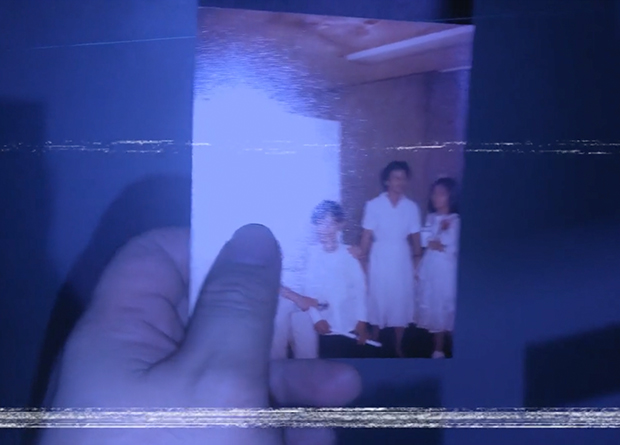To better understand (and perhaps better appreciate) Pandanggo sa Hukay, it’s best to know the rationale behind the film. Chatting with its director, Sheryl Rose Andes, this film is supposed to be a “film for women by women”; some attempt (if you must) to include women’s voices as storytellers (not just as characters often conceptualized by men).
Reality check, though: No one will pay any attention to any “noble” intention/cause if it’s not properly relayed to (its target) audiences. And with this, this flick – an entry in Cinemalaya 2019 – deserves just-as-much scrutiny as the others…
WHAT IT’S ABOUT
The film, in a gist, is about womanhood (and some of the joys and travails that go with being a woman).
Pandanggo sa Hukay tells the story of a small-town midwife, Elena (Iza Calzado), who – while helping run a lying-in clinic – is also preparing for a job interview to work overseas (so she can earn more and be able to support her young son). Before the interview happened, we get glimpses of her hanging out with her friends/workmates, preparing to compete in their office’s Christmas party (via the pandanggo sa ilaw, a folk dance), and then getting kidnapped to help the wife of a criminal give birth.
WHY WATCH IT
To start, because here’s a film – even with its numerous flaws – that attempts to provide a lens to view women and their issues. If you really, really look, it really, really tries to be relevant by making its viewers realize what it’s like to be a woman.
That, yes, every childbirth is a pandanggo sa hukay/dance on the grave – i.e. you don’t know if a mother lives through it.
Yes, every pregnancy is actually a lonesome travel – e.g. Elena is a single mother; and there’s a character who, after she got pregnant, was left by the BF.
Yes, some of women’s biggest supporters are, obviously, women; but some of their worst enemies are also women.
Yes, particularly in a still-patriarchal society, women have to bear men (and their whims) – e.g. a lot of fathers eye to have sons, and if their wives only give birth to girls, they keep “trying” to have as many babies as possible until they get that son to “carry the family name”; and yet it’s women who have to carry these babies for nine months, give birth to these babies; and then raise them.
And yes, women have to put up with a lot – e.g. rape, be separated from loved ones – and yet have to stay steady/be strong, not even just for oneself, but for the people around her/she cares for.
That the story has laugh-out-loud funny moment) thanks to the exchange between Elena’s two best friends/workmates) is refreshing.
Iza’s nuanced acting – e.g. that prepping for the interview at the end, which captures what a woman like her have to go through, and yet still have to push through.
Other members of the cast include Ybes Bagadiong, Acey Aguilar, Diva Montelaba, Charlie Dizon, Star Orjaliza, Mercedes Cabral and Sarah Pagcaliwagan-Brakensiek.



WHY AVOID IT
If this film is critiqued for its own merit (NOT for its admirable intention), then it falters… big time.
Believability.
Iza Calzado, herself, stated in an interview with me before the film’s gala that she can see someone like Elena in real person. This is what makes this role different for her – i.e. she plays “bigger than life” characters, but this is one character she can actually see as “real”.
Me, too, actually; but in my mind, she wouldn’t look like
Iza. Not de-glammed, Iza has that “star quality”; and I don’t think any
overworked/underpaid midwife (not to mention filled with personal issues, like
being a single mom and stressing over an impending job interview to work
overseas to be able to earn to support a growing son) could look like Iza. I
don’t mean this to offend/ridicule midwives, or women in general; but just as I
can’t believe Mylene Dizon, Dawn Zulueta and Angel Aquino are “not desirable”
to men, Iza’s just to… celeb-like to be “normal”.
This film can get dragging – e.g. competing teams in the dance competition lengthily discussing what they’d do.
There are too-obviously-fake elements.
Those gunshots sounding like firecrackers come to mind as an example here; ditto that too-grownup-a-baby that just emerged from its mother’s vagina.
There are also forced “elements”.
For instance, there had to be a Christmas party to force Elena to showcase her dance moves, which she then used while under captivity. Then there’s that self-gratification while watching Bembol Roco, with the scene seemingly existing to over-emphasize that “hey, we’re women, too, and we also have sexual needs” though unsure how to properly discuss this within the film.
Scenes that are too dark – literally.
There’s that walk after the escape, for instance, with what could have been a poetic scene ending up as just… literally in-the-dark.
Stereotypes.
For instance: Criminals = drug addicts = rapists. Some of the criminals I know are “respectable” – e.g. hello, those politicians! Some of the drug users I know are not criminals – e.g. check Grindr for PnP users. And rapists are not necessarily high on drugs; we acknowledge that rape is always about power and its imposition.
And then there’s the absence of the pandanggo?
There are some dance scenes, but these are not even nicely/gracefully shot. So when watching this, don’t expect this to highlight “dancing” as a metaphor for women’s lives (just as that meal represented self-giving in Babette’s Feast; or those chocolates representing the struggle between good and evil in Chocolat). Here, it’s just in the title; with some dancing shown as if only because – well! – it’s in the title.
Aside from director Andes, others also involved in the production included:
Screenplay: Andrian Legaspi
Cinematography: Albert Banzon and Jippy Pascua
Production design: Marielle Hizon
Editing: Apol Sapsa-Dating

IN THE END
If you base your decision to watch this on why it exists in the first place, I’d say go ahead. You’d be willing/more forgiving to let the drawbacks pass. But if you want a sleek flick, then give this a pass. This is a really simple telling (and it shows in a lot of ways); so you’ll have to bear with it if you want to see what it wants to really, really tell…

























